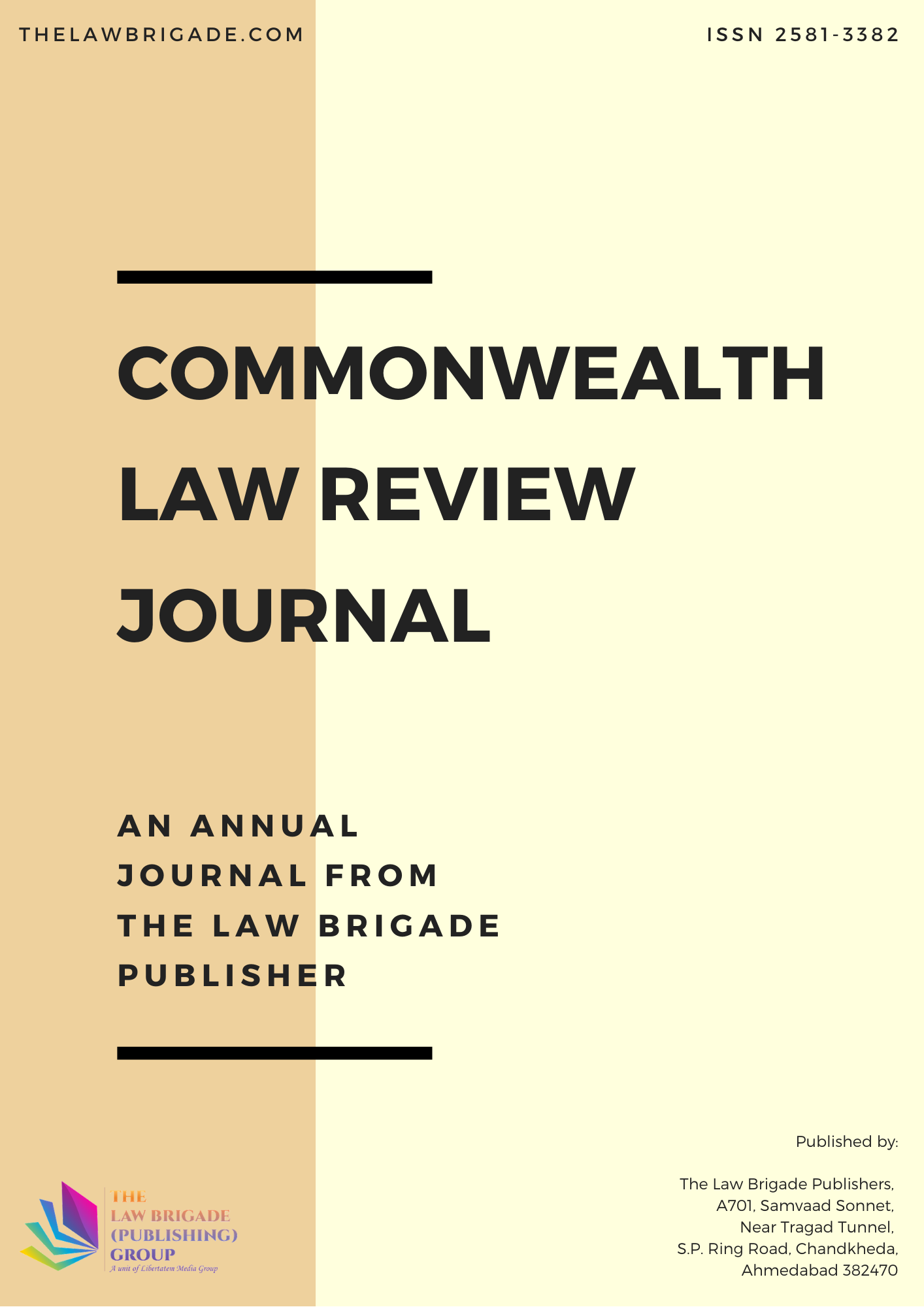The paper examined the evidentiary theory of substantive and procedural criminal law and practice directions in Nigeria relating to validity of statement obtained from suspects in the course of criminal investigation juxtaposed against the exclusionary and admissibility of evidence. These was with a view to undertake a holistic appraisal of the nature and scope of voluntariness of evidence that would avert the miscarriage of justice.
The study relied on primary and secondary sources of information. The primary source included the Constitution of the Federal Republic of Nigeria 19999, as altered, the Administration of Criminal Justice Act, 2015, the Evidence Act, 2011 and other extant Criminal Laws, and practice direction. The secondary source of information included books, journal articles, conference proceedings, newspaper and magazine publications and the internet. Data collated were subjected to content analysis.
The study found that, though there are established principles guiding the taking of statement from suspects, the police in Nigeria rarely follow those rules. It was also found that a cardinal duty of the police during criminal investigation is the recording of statements from the suspects and the presentation of same, in proof of evidence during trial, the courts nonetheless, possess extensive powers to reject involuntary statements obtained in contravention of the law for being inadmissible. The study concluded that, unless the police begin to respect the rule of law, the court would continue to rise to the protection of the defendants by rejecting such statements obtained in contravention of established principles of law.





